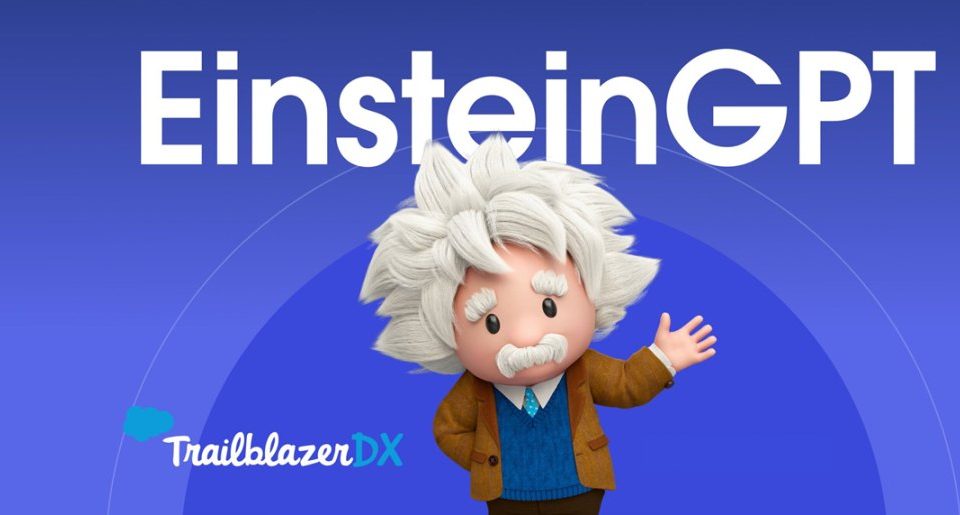Salesforce launches EinsteinGPT, an LLM product that uses ChatGPT model to automatically write marketing emails

In just two months after its launch, ChatGPT went from an obscure AI tool to reaching 100 million monthly active users in January, making it the fastest-growing consumer application in history. The sudden success of ChatGPT has put more pressure on other tech companies including Google, Baidu, and Alibaba, to launch their own ChatGPT-like tools.
Generative Pre-training Transformer (GPT) is a type of language model developed by OpenAI. It is a neural network-based model that is trained to generate human-like text by predicting the next word in a sequence based on the words that come before it. ChatGPT and other generative AI tools use a large language model (LLM) technique to generate text in a chat-like or conversational style.
Given the amount of resources used by these language models, only a few LLM-based products are actually making money. But new LLM products are beginning to come to the markets.
The popularity of OpenAI ChatGPT has now led to a boom in the adoption of generative artificial intelligence (AI) and big tech companies and small startups alike are in a race to integrate it into their products. Since its launch in November, ChatGPT has impressed many experts with its writing ability, software coding, proficiency in handling complex tasks, and its ease of use.
But one promising area that could be commercialized in the near future is harnessing the power of ChatGPT to quickly write and automate emails with a little bit of personalization. So this week, Microsoft, in collaboration with Salesforce, announced new products with that exact feature.
Yesterday, Salesforce launched EinsteinGPT, an LLM product that uses an OpenAI ChatGPT model to integrate with Salesforce’s main web app product that keeps track of how often salespeople contact leads. Instead of manually writing emails, EinsteinGPT can automatically write marketing emails.
In a Twitter post on Tuesday, Salesforce CEO Marc Benioff demoed the new LLM product by using it to identify two contacts at a company. He then automatically generates a one-sentence email trying to arrange a meeting. During the demo, EinsteinGPT softened the tone of the cold outreach email after the user told the software to be less formal.
Welcome Salesforce EinsteinGPT! pic.twitter.com/kQD3z3QcO6
— Marc Benioff (@Benioff) March 7, 2023
Benioff teased the product a month earlier. In a tweet, Benioff said:
“Get ready to be wowed by Salesforce EinsteinGPT! It generates leads, closes deals, and even makes coffee (just kidding, but wouldn’t that be amazing?) #EinsteinGPT #TDX23 💼☕️😎”
https://twitter.com/Benioff/status/1623372878854107136
Salesforce hasn’t announced the price for the tools yet but said it’s in testing now with pilot customers. Meanwhile, Microsoft also announced on Monday that it would integrate a ChatGPT-like tool into a set of tools for businesses called CoPilot, with one of its primary features being the ability to generate emails.
Challenges Ahead
Generative AI tools are still in their infant stage and not without some shortcomings. According to a report from CNBC, some experts are worried that “the ability to generate email text could be abused to spam people and that chatbot could be used to phish for people’s private passwords,” CNBC wrote.
“We could see mass targeted messages and spam indistinguishable from dedicated email,” JPMorgan analysts wrote in a note this month that examined the AI industry.
As we also reported back in February, ChatGPT is also prone to “hallucination” or making stuff up. In a Google demo event in February, Prabhakar Raghavan, senior vice president at Google and head of Google Search, warned against the pitfalls of artificial intelligence in chatbots.
“This kind of artificial intelligence we’re talking about right now can sometimes lead to something we call hallucination,” Raghavan said.




